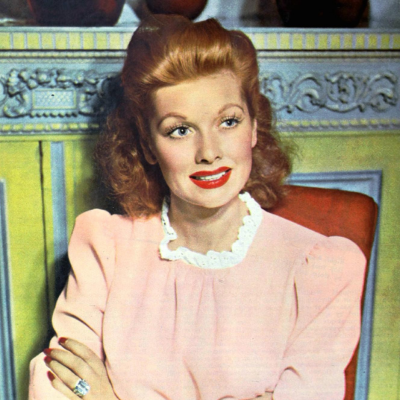Few entertainers in history have had as lasting an impact as Lucille Ball. She wasn’t just a comedian—she was a trailblazer who shattered barriers, redefined television, and set the gold standard for sitcoms. From her early struggles in Hollywood to becoming the undisputed Queen of Comedy, her journey is nothing short of legendary.
But Lucille Ball wasn’t just about laughs. She was a visionary, a business mogul, and a fearless woman in an industry dominated by men. She didn’t just create an iconic sitcom—she changed television forever. Let’s take a look at her incredible life and legacy.

Early Struggles: A Star in the Making
Before she became a household name, Lucille Ball had to fight for every opportunity.
Humble Beginnings
Born on August 6, 1911, in Jamestown, New York, Lucille Ball grew up in a working-class family. Life wasn’t easy, and tragedy struck early when her father passed away when she was just three years old.
Despite hardships, young Lucy had big dreams. She knew she wanted to perform, and by the time she was a teenager, she convinced her mother to let her move to New York City to study acting.
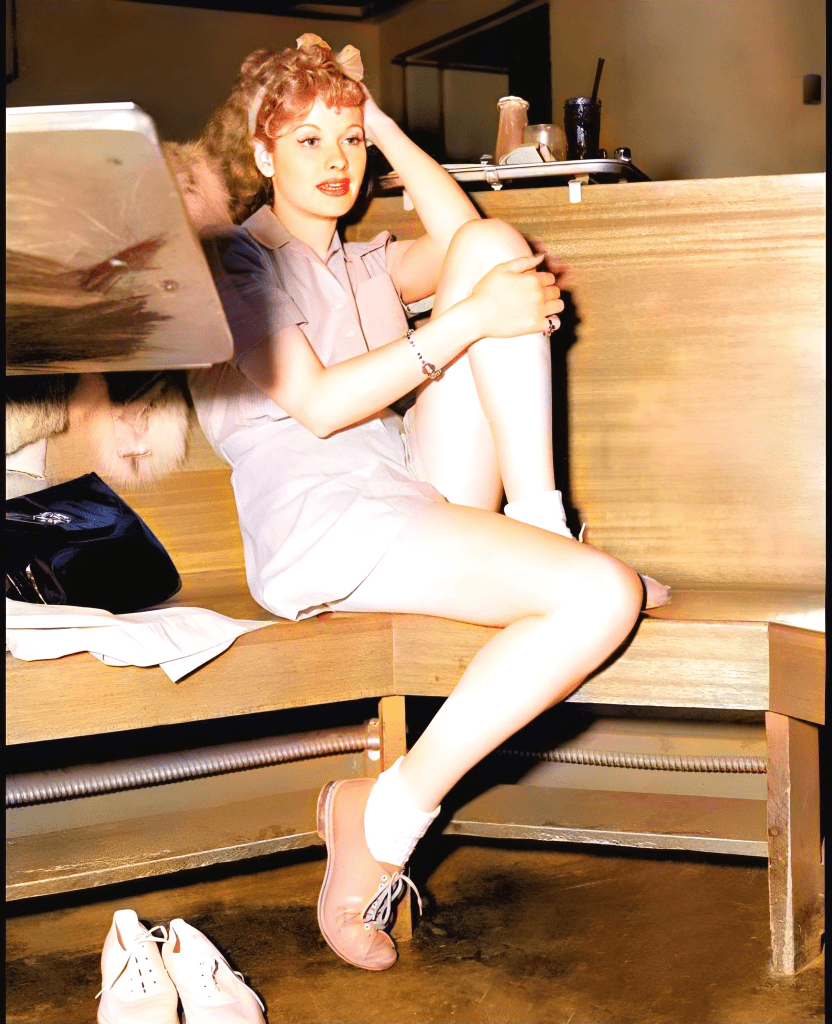
A Rocky Start in Hollywood
After struggling in drama school, where teachers told her she lacked talent, Lucille refused to give up. She took on any job she could find—working as a model, doing background work in films, and even dyeing her hair blonde to fit the Hollywood ideal of beauty at the time.
Throughout the 1930s and 1940s, she appeared in dozens of films, often playing minor or comedic roles. While she became known as the “Queen of the B-Movies,” true stardom still eluded her. But everything changed when she met a certain Cuban bandleader.
Love, Marriage, and a Life-Changing Decision
Lucille Ball’s life took a dramatic turn when she met Desi Arnaz, a charismatic Cuban musician and actor.
An Unconventional Love Story
The two fell in love quickly and eloped in 1940. Their relationship was fiery, passionate, and full of ups and downs. Despite their love for each other, their careers often kept them apart.
But Lucille and Desi wanted to change that. They had a bold idea—what if they created a television show together? This idea would change entertainment history forever.
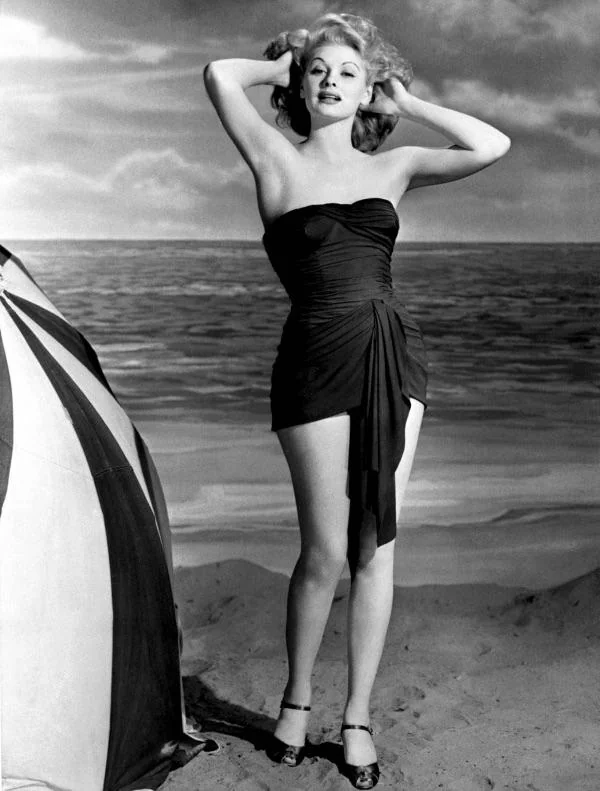
The Birth of I Love Lucy: A Revolution in Television
By the early 1950s, Lucille Ball had built a solid career in radio. She starred in a hit radio program called My Favorite Husband, which caught the attention of television executives.
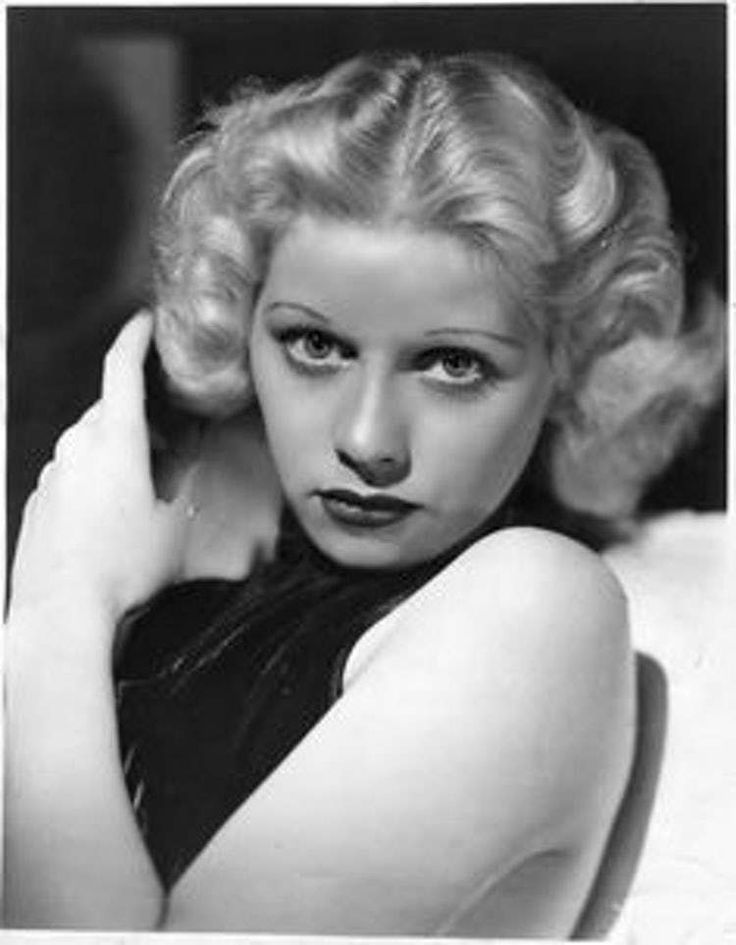
Fighting for What She Wanted
CBS wanted to adapt the show for television, but Lucy insisted that Desi Arnaz play her on-screen husband. The network was hesitant—they believed audiences wouldn’t accept an interracial couple on television.
Lucille and Desi took a huge gamble. They formed their own production company, Desilu Productions, and financed the show themselves. That risk paid off in ways no one could have imagined.
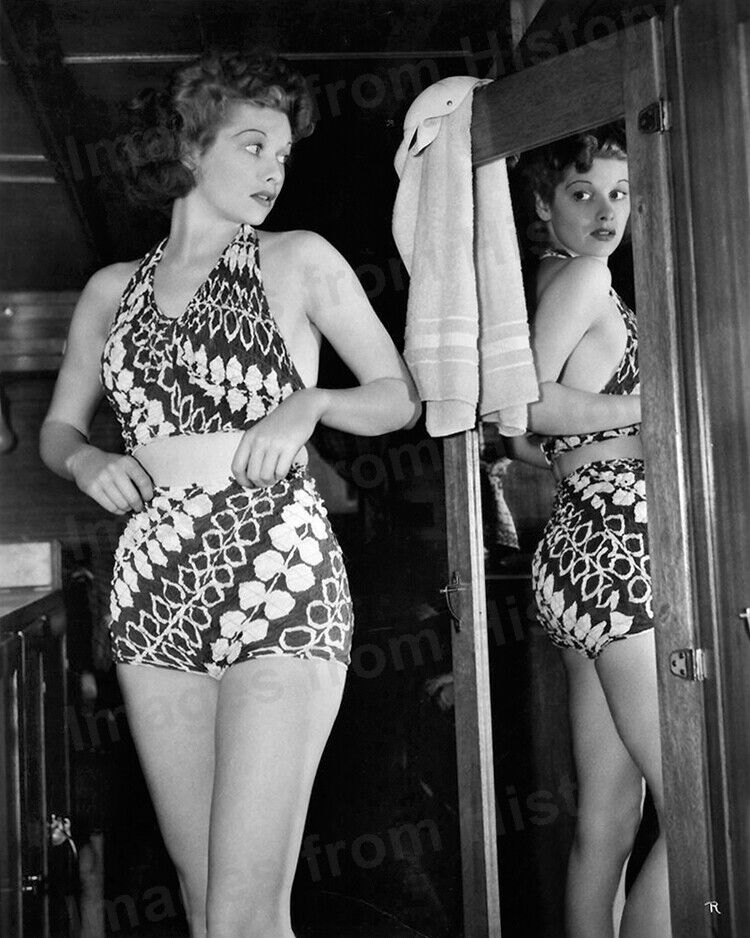
How I Love Lucy Changed Television Forever
When I Love Lucy premiered on October 15, 1951, it was an instant sensation. The show quickly became the most-watched television program in America, and Lucille Ball became a national treasure.
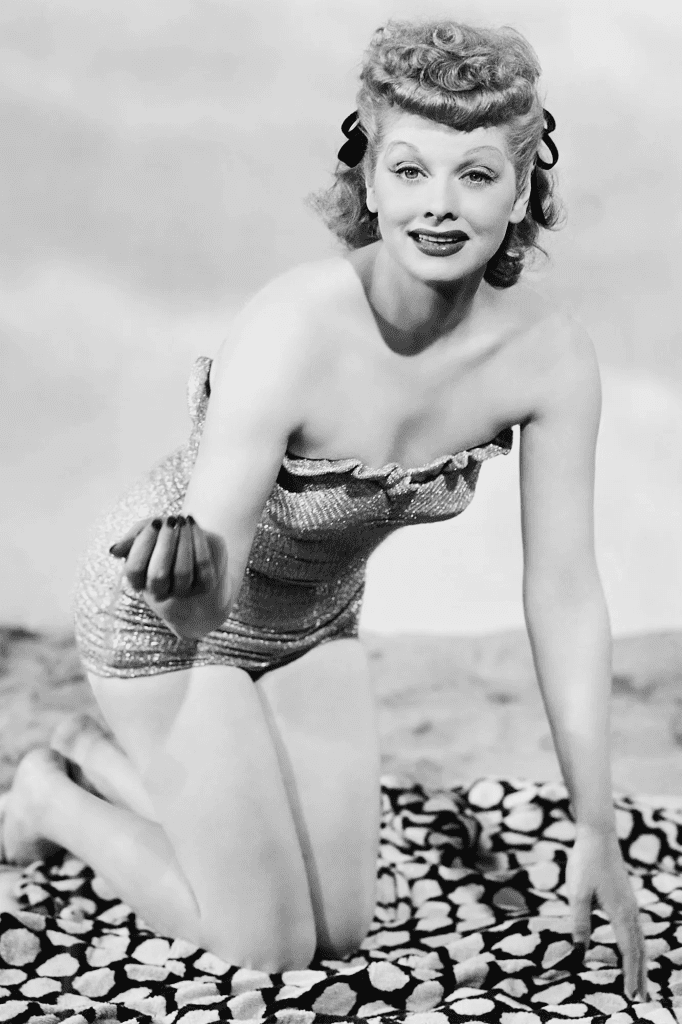
Breaking New Ground in TV
Lucille and Desi didn’t just make a hit show—they revolutionized the way television was made.
✔ Filming in Front of a Live Audience – Instead of using the common one-camera setup, I Love Lucy was filmed with three cameras in front of a live audience. This technique is now the industry standard for sitcoms.
✔ Syndication Pioneer – Lucille and Desi owned the rights to I Love Lucy, making them some of the first to profit from reruns and syndication—a concept that changed television economics forever.
✔ Addressing Real-Life Pregnancy on TV – When Lucille Ball became pregnant in real life, the show incorporated her pregnancy into the storyline, something unheard of at the time. The episode where she gives birth drew over 44 million viewers, more than the presidential inauguration that year!
✔ A Strong Female Lead – Lucy’s on-screen persona was unlike anything television had seen. She was funny, fearless, and full of personality, proving that a woman could lead a comedy series and be just as successful—if not more so—than any man.

Beyond I Love Lucy: A Business Empire
After I Love Lucy ended, Lucille Ball continued to make waves in Hollywood.
Taking Over Desilu Productions
When her marriage to Desi Arnaz ended in 1960, Lucille bought out his shares in Desilu Productions, making her the first woman to run a major television studio. Under her leadership, Desilu produced iconic shows like:
✔ Star Trek
✔ The Andy Griffith Show
✔ Mission: Impossible

Later Career and Legacy
Lucille continued acting in shows like The Lucy Show and Here’s Lucy, proving she wasn’t ready to slow down. She remained active in Hollywood well into the 1980s, receiving numerous awards for her contributions to television and comedy.

Lucille Ball’s Lasting Legacy
Even though Lucille Ball passed away in 1989, her influence is everywhere. She laid the foundation for generations of comedians, actresses, and television creators.
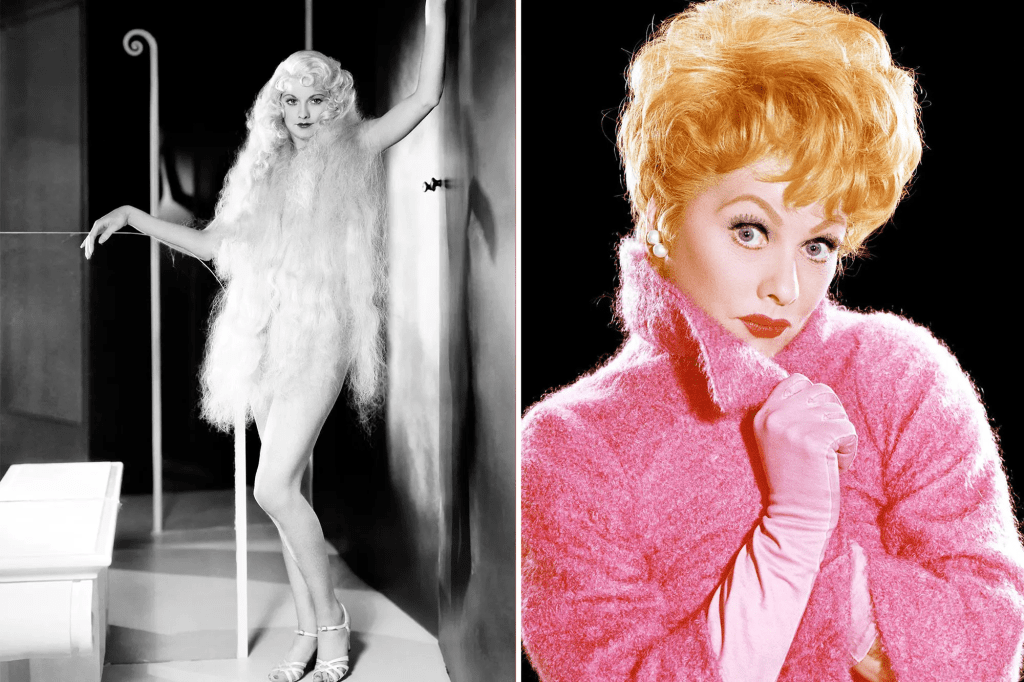
Why She’s Still the Queen of Comedy
- Every modern sitcom owes something to I Love Lucy.
- Comedians like Carol Burnett, Tina Fey, and Amy Poehler credit Lucille Ball as a major inspiration.
- Her production innovations shaped how television is filmed and produced today.
Lucille Ball wasn’t just a comedian—she was a pioneer. She proved that a woman could be the face of a hit TV show, a brilliant businesswoman, and a comedy legend all at once.
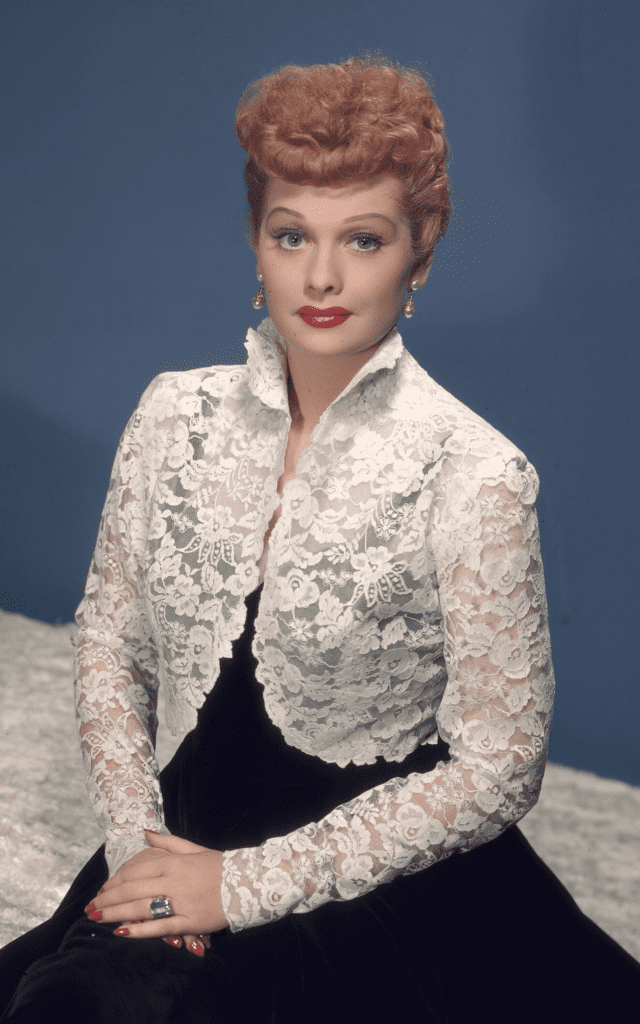
Final Thoughts
Lucille Ball wasn’t just funny—she was fearless. She took risks, broke rules, and transformed television in ways that are still felt today.
From a struggling actress in Hollywood to the undisputed Queen of Comedy, her journey is one of resilience, talent, and groundbreaking achievements. At a time when women were often sidelined, Lucille Ball stood front and center—and the world laughed with her.
Even today, I Love Lucy continues to bring joy to new generations, proving that true comedy never ages. And neither does the legend of Lucille Ball.
